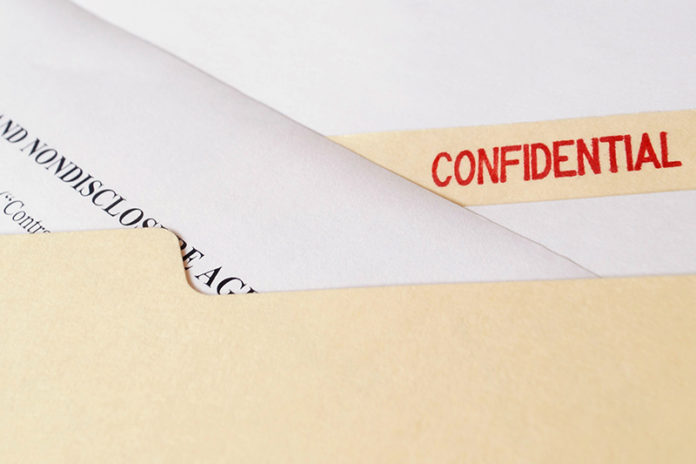The main justification for the FBI’s Aug. 8 search of former President Donald Trump’s home at his Palm Beach, Florida, resort — securing state secrets — requires us to accept the government’s characterization of purloined documents that we are not allowed to see.
Trump, meanwhile, insists he had no classified documents, which is even harder to believe.
According to the search warrant inventory that was unsealed Aug. 12, the FBI found 11 sets of classified documents, ranging from “confidential” to “top secret,” at Mar-a-Lago. The top-secret documents included some that were labeled “SCI,” or “sensitive compartmented information,” an especially restricted category.
Trump does not dispute that the documents bore those labels. But he says “the very fact that these documents were present at Mar-a-Lago means they couldn’t have been classified” because he had “a standing order” as president that said any material “removed from the Oval Office and taken into the residence” was “deemed to be declassified.”
If so, Trump’s treatment of classified material was remarkably cavalier. The fact that he removed documents to study in preparation for the next day’s work, which is how he describes it, had no bearing on the question of whether declassifying them could compromise national security, which is supposed to be the main consideration in such decisions.
Taking Trump at his word, all of his homework, no matter how sensitive the information it involved, was automatically declassified. Theoretically, any random person could have obtained copies of those documents under the Freedom of Information Act unless another exception applied.
Trump’s “standing order” was news to John Bolton, who served as his national security adviser for 17 months in 2018 and 2019. “I was never briefed on any such order, procedure, policy when I came in,” Bolton told The New York Times. “If he were to say something like that, you would have to memorialize that, so that people would know it existed.”
Maybe Bolton was out of the loop. But the fact that Trump’s own national security adviser was unaware of this purported policy underlines how irregular and haphazard it would have been. By Trump’s own account, his blanket declassification of whatever he happened to remove from the Oval Office meant that many documents marked as “top secret” were not secret at all.
On its face, Trump’s handling of classified material was at least as reckless as Hillary Clinton’s when she was secretary of state. Trump has long maintained that Clinton’s use of an unsecured private email server when she ran the State Department was so egregious an affront to national security that she should go to prison for it.
As Trump’s supporters are quick to point out, there is a legally relevant difference. As president, Trump had the unilateral authority to declassify secrets, while Clinton, as secretary of state, did not.
Assuming Trump really did declassify all the material found at Mar-a-Lago when he still had that power, that might mean he is not criminally liable under the Espionage Act, one of the statutes cited in the FBI’s search warrant. Or it might not, since that law does not mention classification, referring instead to mishandling of “defense information” that “could be used to the injury of the United States.”
Either way, Trump’s defense raises troubling questions about his judgment and care as the nation’s chief executive. So does his puzzling decision to keep indisputably unclassified government documents, such as his pardon for Roger Stone, that belonged in the National Archives under the Presidential Records Act, a potential violation of another law cited by the FBI.
I don’t know whether Trump’s trove of government documents posed a national security threat grave enough to justify the unprecedented and politically explosive decision to search the home of a former president who is the leading contender to oppose the current president in the next election. But its existence provides further reason, in case any was needed, to believe Trump is not qualified for that office.





























